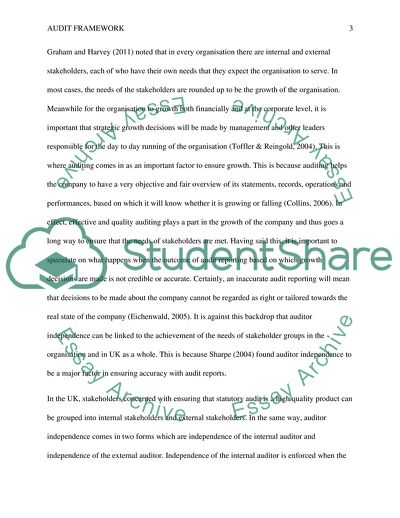Cite this document
(Audit Framework Essay Example | Topics and Well Written Essays - 2500 words, n.d.)
Audit Framework Essay Example | Topics and Well Written Essays - 2500 words. https://studentshare.org/business/1849498-audit-framework
Audit Framework Essay Example | Topics and Well Written Essays - 2500 words. https://studentshare.org/business/1849498-audit-framework
(Audit Framework Essay Example | Topics and Well Written Essays - 2500 Words)
Audit Framework Essay Example | Topics and Well Written Essays - 2500 Words. https://studentshare.org/business/1849498-audit-framework.
Audit Framework Essay Example | Topics and Well Written Essays - 2500 Words. https://studentshare.org/business/1849498-audit-framework.
“Audit Framework Essay Example | Topics and Well Written Essays - 2500 Words”. https://studentshare.org/business/1849498-audit-framework.


